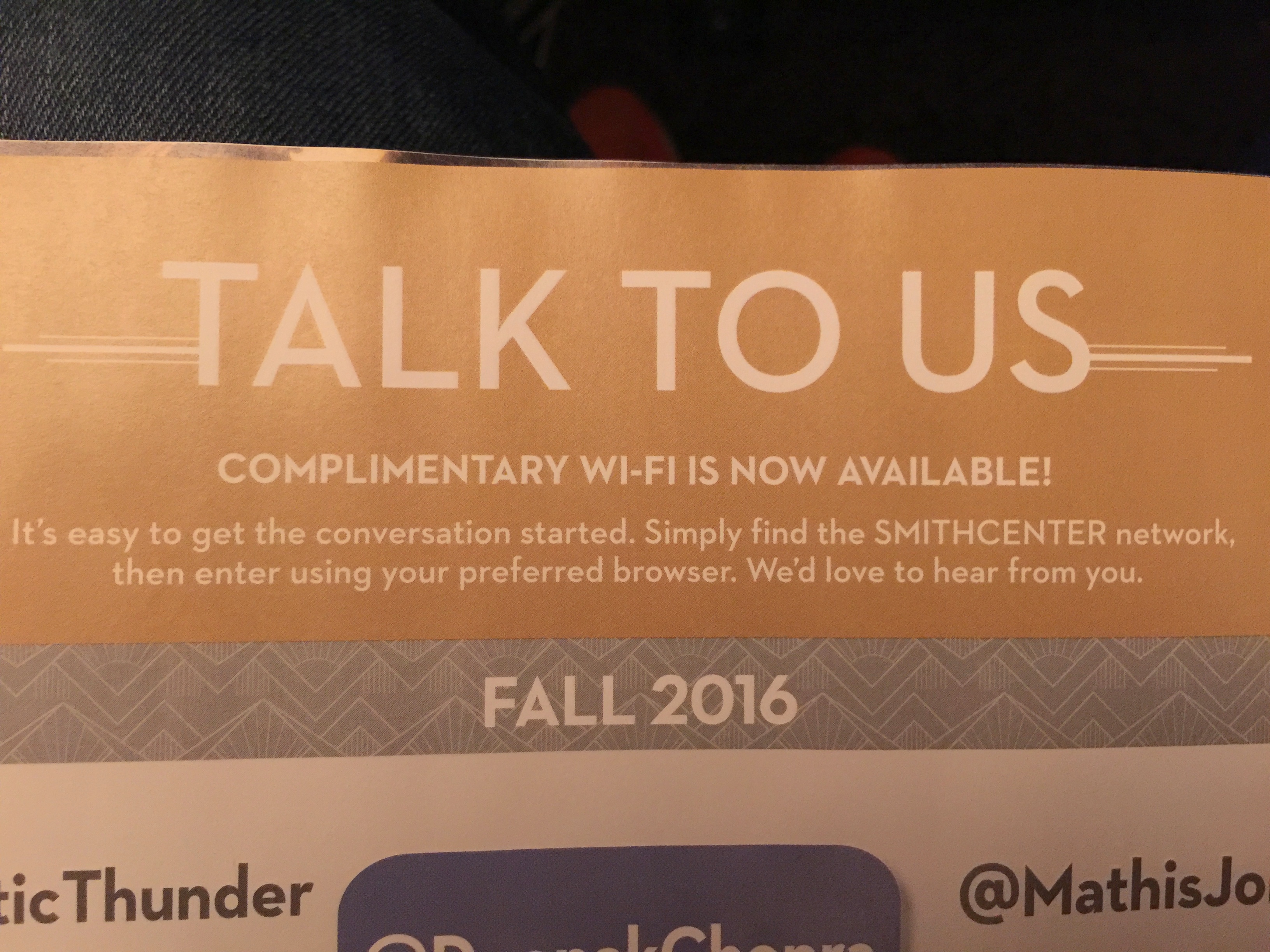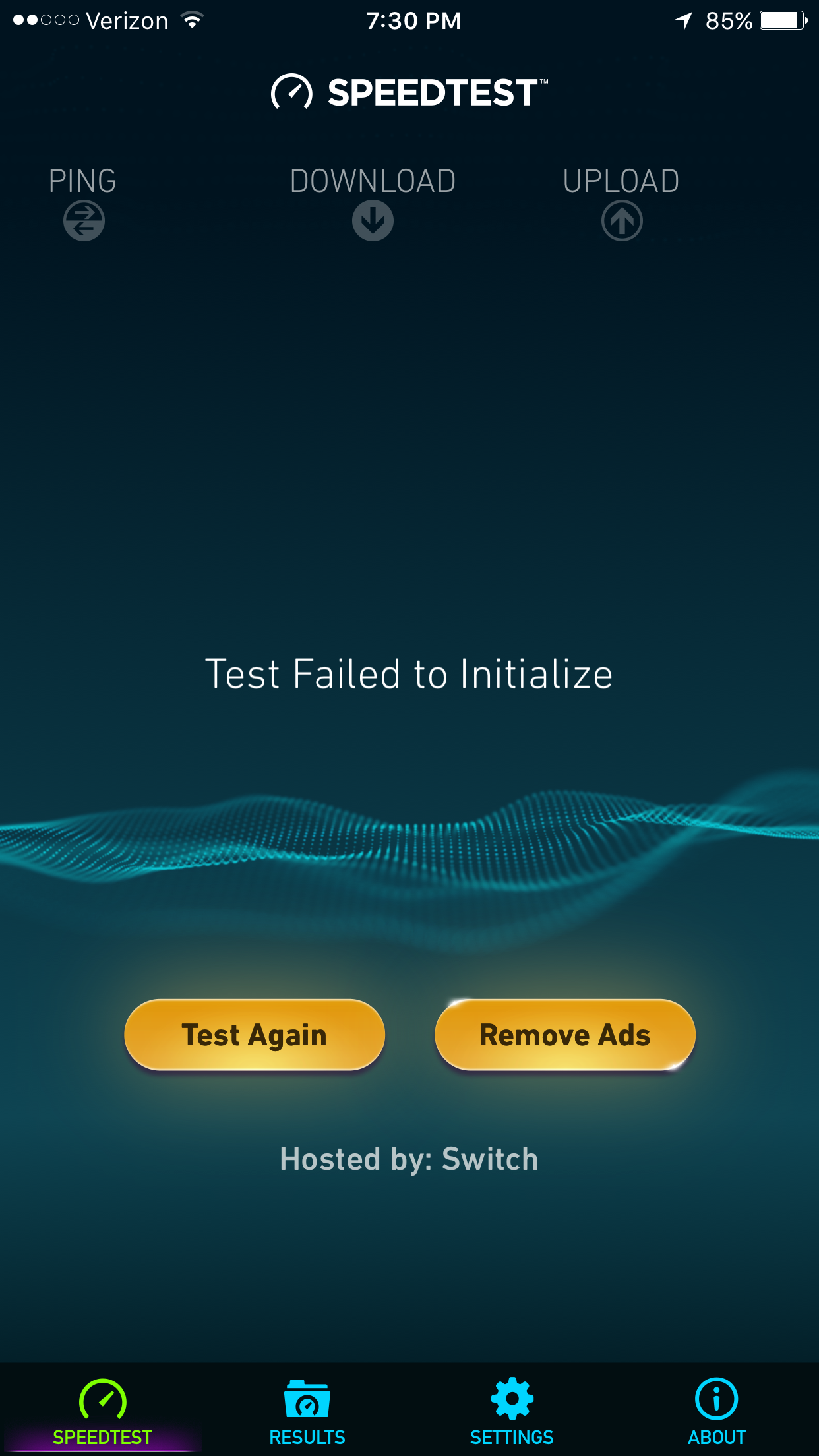While on a recent trip to Nevada I did a little survey of public WiFi networks.
What’s achievable by competent folks? Stockholm’s Vasa museum is generally packed with more than 1000 visitors and on a busy summer 2016 afternoon I measured a symmetric 50 Mbits to/from my phone (“Americans with Swedish ancestry” earn “more than $10,000 above the income of the average American” (CATO) and therefore it is possible that Sweden is packed with people who are more competent and diligent than average Americans).
At the FBO (private jet terminal) at Reno’s airport I measured 0.72 Mbits download and 0.18 Mbits upload (i.e., the public network in Sweden is 277X faster for upload). From my room at Reno’s Silver Legacy casino hotel I measured 1.97 Mbits down and 1.88 Mbits up (slower than the satellite link from a Royal Caribbean cruise ship). At the $470 million brand-new Smith Center in Las Vegas, which takes the trouble to advertise in the show program the availability of public WiFi, speeds were too slow to measure:
As the Verizon and AT&T networks don’t reach into the auditorium, the venue thus loses the opportunity for patrons to promote a show on Facebook, etc.
The Las Vegas and Logan airports had WiFi that was reasonably fast when it worked but devices couldn’t stay connected (Las Vegas) or apps didn’t work (e.g., Uber at Logan airport until I disabled WiFi and reverted to the Verizon LTE network).


It could be the Stockholm visitors weren’t using wifi as much as Americans. Their cell phone data quotas are definitely higher, so they can use the LTE bands more often.
I never use public WiFi anymore if LTE is available. Even when there’s only “4G” I usually still use that over WiFi. This includes my laptop, which I will tether to my phone. In addition to being almost universally slower, it’s just straight up sketchy from a security viewpoint, and every now and then a site I visit is blocked or censored (mostly firearms related).
The Vasa museum and the Swedes in general are an embarrassment. Fortunately, many of the people running government and public institutions in the U.S. are actual or honorary graduates of the Rod Blagojevich School of Public Service and have enough sense to not just give away valuable crap like bandwidth.
My uneducated guess would be that a combination of overall lower population density and monopolistic cable companies keep bandwidth lower in the US.
I was going to say “you get what you pay for” but then I remembered that some of the worst connections were at “luxury” hotels where they charge you some ridiculous amount per day (what’s the most anyone has been charged or “offered”?). But on the third hand, I was right the 1st time because “YOU” are not usually paying at those kind of hotels.
Hotels seem to offer crappy free wifi and upsell to something a bit less crappy. In past could poach Delta at airports but they now use rotating passwords.